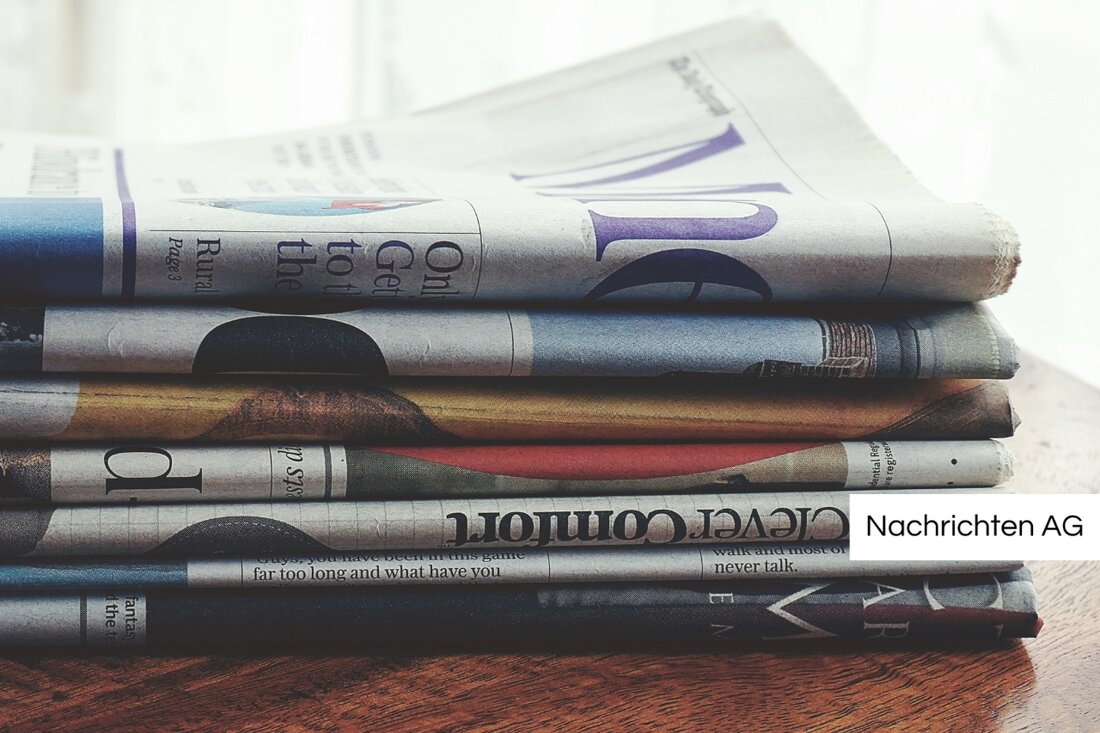Revolution in space: Germany's QUANTUM satellite secures communication!
On June 23, 2025, Vandenberg's QUICK³ nanosatellite was launched to test secure quantum communication from space.

Revolution in space: Germany's QUANTUM satellite secures communication!
On June 23, 2025, the QUICK³ nanosatellite successfully launched from Vandenberg, California. Weighing about 4 kg and the size of a shoebox, this satellite is intended to carry out crucial tests for a quantum satellite system for secure communications. The use of novel quantum communication methods could significantly improve the future of data transmission, especially with regard to the requirements of secure communication in an increasingly digital world. tum.de reports that quantum communication is based on individual light particles that are used in special quantum states for secure data transmission.
Eavesdropping security is guaranteed by the fact that any attempt to intercept or influence the photons changes their state, which can be detected immediately. This oversight of communication ensures that information cannot be intercepted unnoticed. One problem that plagues traditional communication is the range limitation: light particles can only be transmitted over a few hundred kilometers via glass fibers. However, the use of satellites opens up the possibility of realizing quantum communication over long distances. This will require several hundred satellites in the future.
The goals of the QUICK³ mission
The QUICK³ mission aims to test the functionality and interaction of the developed components in space. The motivation behind this mission is not just technological. It is based on the real threats posed by advanced quantum computers, which could endanger existing encryption methods. To overcome this, research is being carried out on new methods in quantum cryptography that aim to ensure secure communication over longer distances. This is being pushed forward by scientists like Tobias Vogl at the Technical University of Munich, who is developing a system that uses light particles to securely transmit information. astronews.com highlights that this technology has significant potential for future communications networks.
Another important developer in the field of quantum cryptography is Antonia Wachter-Zeh, who works on mathematical algorithms that cannot be solved even by quantum computers. This demonstrates the wide range of research efforts being undertaken to secure and improve the security of communications. The QUIT³ mission is a crucial step in this development, as the first results of the mission are expected by the end of the year.
The need for secure communication
At a time when the security of data and communications is of paramount importance, advances in quantum communications are crucial. The Fraunhofer Society and Saarland University have carried out a study on quantum communication technology, which is funded by the federal government. This study highlights the strategic importance of quantum communications and describes the challenges facing its development, such as reducing infrastructure costs and the need for public investment. isi.fraunhofer.de points out that global sales in quantum communications are expected to increase to 5.8 billion euros by 2030, which illustrates the dynamic growth rates of 15 to 25 percent.
However, the challenge remains to further develop the technologies and create awareness of IT security risks. In this context, consolidating a reliable global quantum network is a key priority. Increased cooperation between countries and institutions is needed to overcome technical hurdles and contribute to technological sovereignty.

 Suche
Suche
 Mein Konto
Mein Konto